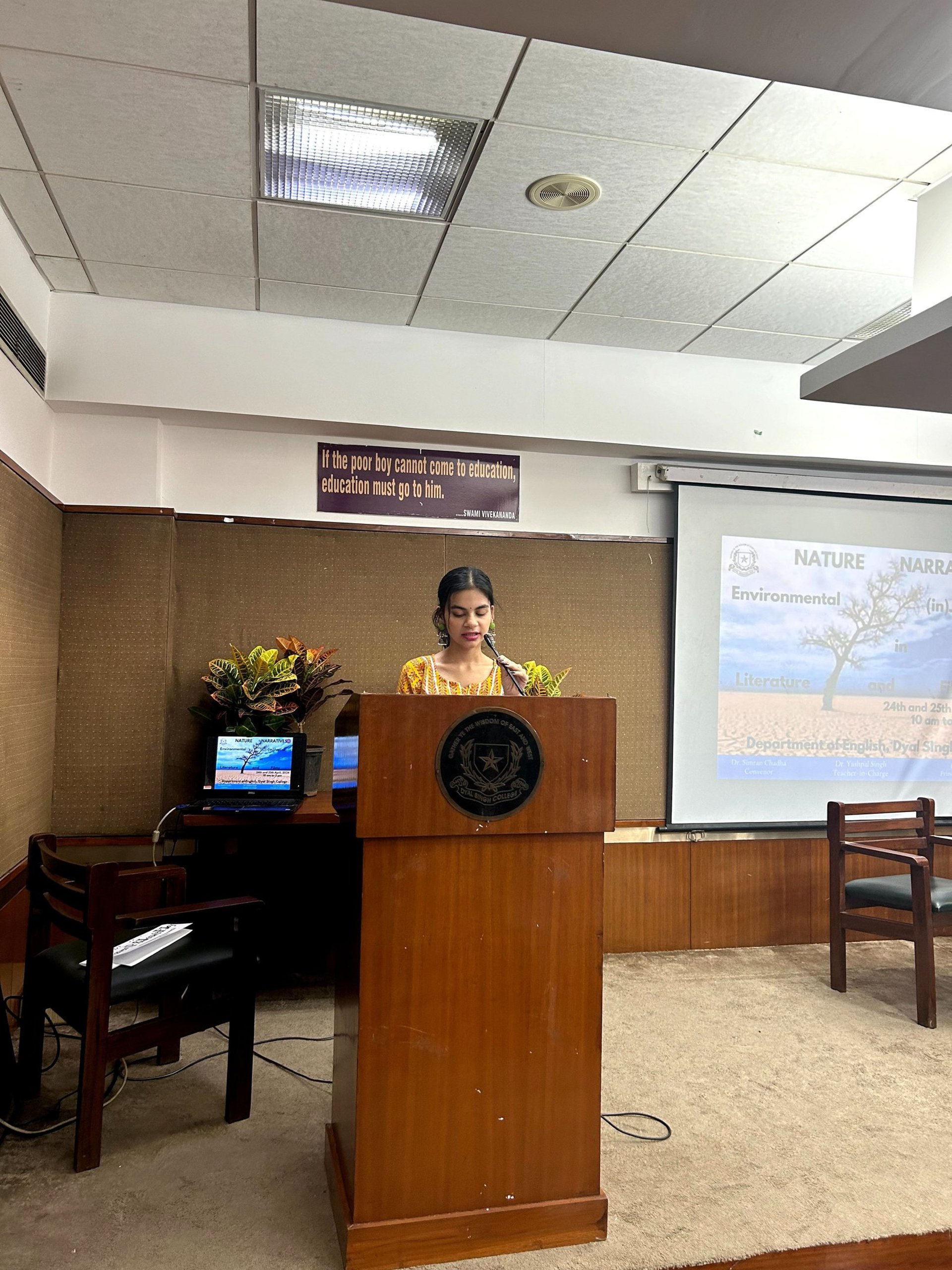
UN-translating Dalit Literature: investigating the un-transability of Marathi-Dalit Poetry
Sanya Chandra M.A English, Ashoka University
9/12/20251 min read
Abstract
According to Homi Bhabha, ‘Translation is the performative nature of cultural communication, and [he] goes on, in another figurative equation, to speak of the residual cultural unassimilability of migrant as an instance of what Benjamin called "untranslatability".Bhabha’s nuanced analysis of the problem of translatability in a cultural context could be traced in the larger socio-political, cultural ideological landscape of Dalit literature in tandem with translation studies in India.
While yhe inherent conceptualization of translating a piece/ouvre/compendium of work leads to enormous possibilities, however some of the challenges that translation poses calls for attention. The linguistic vocabulary of Dalit literature is deeply embedded in their personal, ontological and epistemological experiences and their occupational position ascribed to them by caste.Salit writers predominantly derive the words that become a part of their common lexicon through regional, elliptic at times undecipherable dialects. They employ dark humour, slurs and satires to subvert the political authority of the Savaranas and to polmicize the age-long casteist practices. thereby in mainstream translation one cannot find the analogy between the source text and the target text.
Therefore the proposed paper attempts to investigate Dalit literature as a cite of contestation. This paper argues against the case of ‘Translation as Culture’ and ‘Cultural Translation’, to enumerate why Dalit literary experiences have not been able to transfer to the process of ‘doing translation’ in the contemporary techno-socio culture. This paper questions as to even after a plethora of English translations of Dalit literature there remains of why a caste/less relationship exists between the source language and target language. This paper thus anatomizes Marathi=Dalit [petry ouvre to understand this continuum posed by translationstudies and actual Dalit experience.
Keywords, Dalit Literature, un-translatability, cultural misappropriation
Everyday vedanta
